Food Prices In Canada Are Expected To Rise Next Year — Here's What'll Cost You More
As 2024 nears, Canadians are facing the prospect of higher food prices. While there's some indication that the increase might be less harsh than last year's, many have already cut back on their grocery spending. It may be an ongoing struggle to find the balance between nutritional needs and financial realities.
The latest Canada's Food Price Report, from experts at Dalhousie University, the University of Guelph, the University of British Columbia, and the University of Saskatchewan, breaks down expected price changes and how they could affect household budgets.
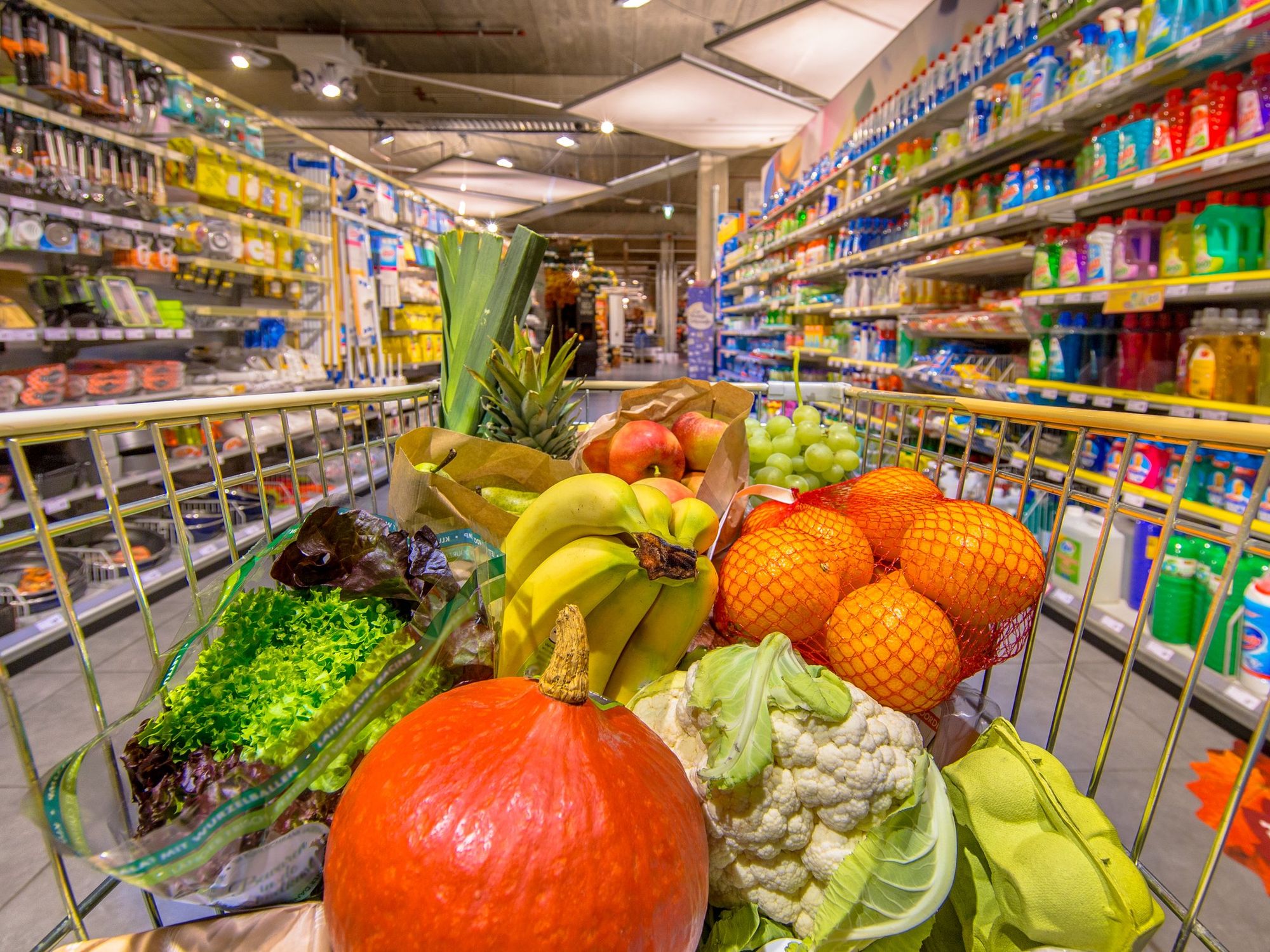
Canada's changing appetite for grocery spending
In response to current inflation, Canadians have been tightening the belt on food budgets. The average monthly spending per person dropped from $261.24 in August 2022 to $252.89 in August 2023. The decrease means that many are either buying less food or switching to cheaper options.
Even with efforts to save on food, the expected price increases in 2024 could make it harder for families to keep their grocery bills low. The report indicates that prices for essential items like bread, meat, and vegetables are all set to go up, which means Canadians may need to find new ways to manage their budgets in the face of rising costs.
The recipe for higher prices
The impending rise in Canadian food prices can be attributed to several factors. A primary driver is climate change, which has increasingly disrupted agricultural patterns. Unpredictable weather events, from wildfires to floods, have reduced crop yields, leading to higher costs.
Global events also play a critical role. Supply chain disruptions, fluctuating global market trends, and international trade policies directly affect the cost of importing food products and raw materials.
Production costs are another critical factor. Rising costs for inputs like seeds, fertilizers, and feed translate directly to higher food prices. Additionally, increased labour costs and transportation expenses, partly due to fuel price fluctuations, further inflate the final price of food items.
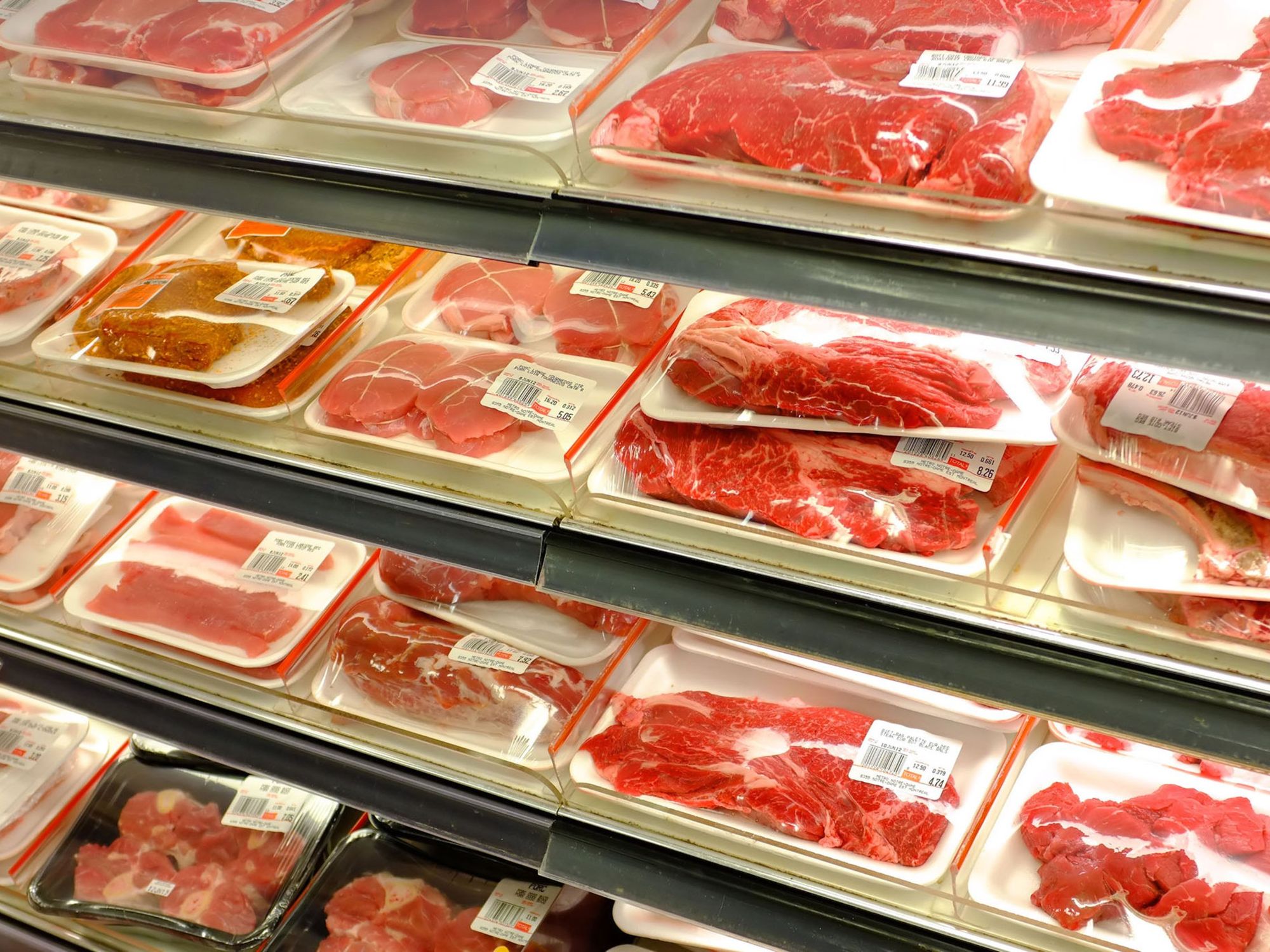
2024's menu of rising food costs
Bakery items are expected to rise by 5% to 7%, reflecting the escalating costs of ingredients like grains and sugar. Dairy products are projected to increase by 1% to 3%, a relatively modest rise compared to other categories. Fruit prices are also anticipated to go up by 1% to 3%, likely influenced by both local and international market dynamics.
Meat prices are set for a 5% to 7% increase, driven by factors like feed costs and demand patterns. Restaurant prices are expected to increase by 3% to 5%, reflecting the broader food price trends and operational costs. Seafood, impacted by both local and global fishing conditions, is forecasted to rise by 3% to 5%. Vegetables are similarly projected to increase by 5% to 7%.
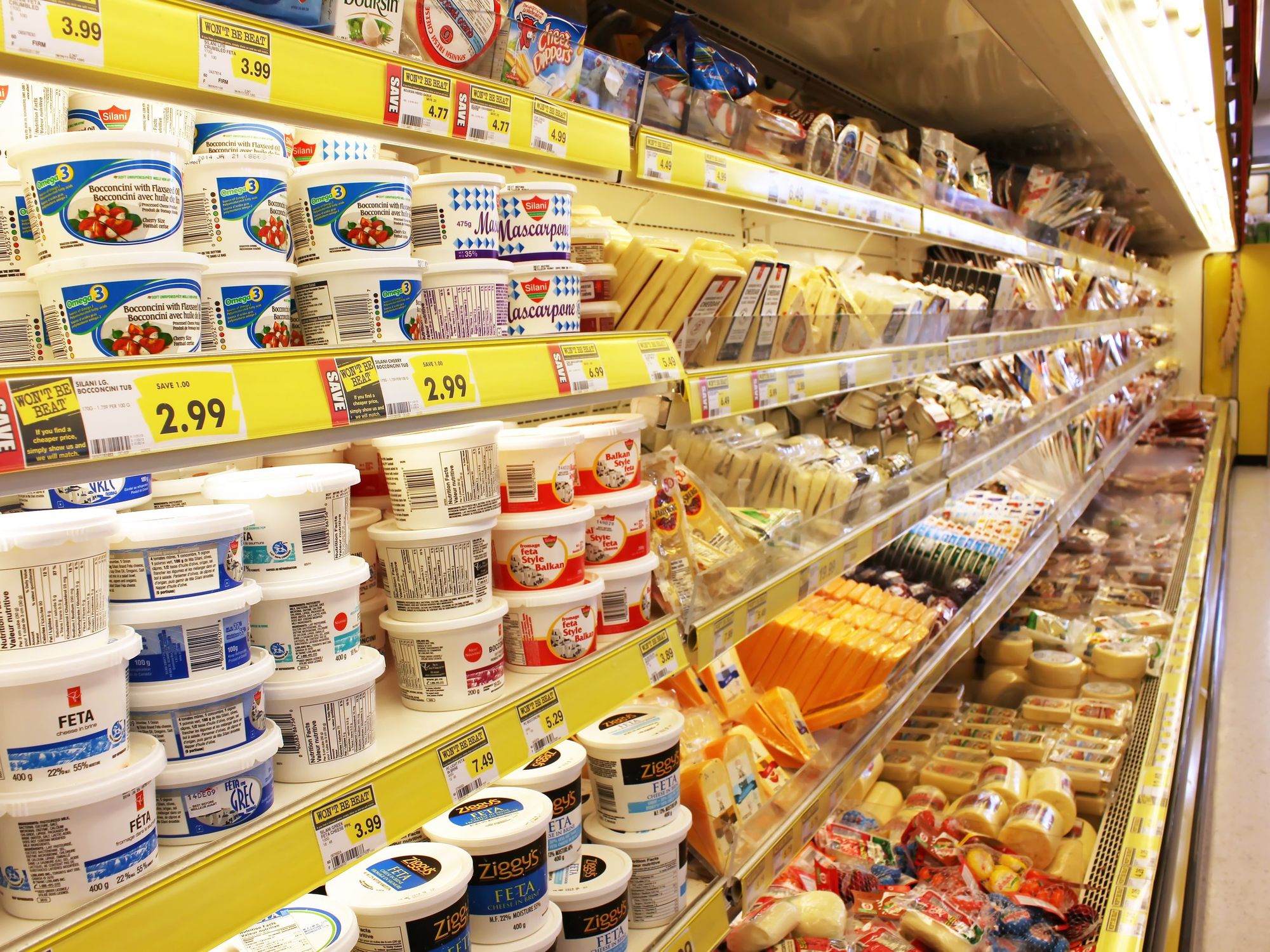
Heavier bite of food bills
The forecasted rise in food prices will significantly impact Canadian families, particularly those already grappling with tight budgets. Higher grocery bills mean that families will need to allocate more of their income to food, potentially at the expense of other expenses. This situation could lead to difficult choices, such as opting for lower-quality or less healthy food options to save costs.
The average family, which already saw a reduction in spending by $693 this year due to altered shopping habits, will likely need to find further ways to stretch their food dollars. Creative meal planning, prioritizing essential items, and exploring community resources like food banks or co-op programs might become more commonplace. Buying in bulk, opting for store brands, or shopping at discount stores could also offer some relief.
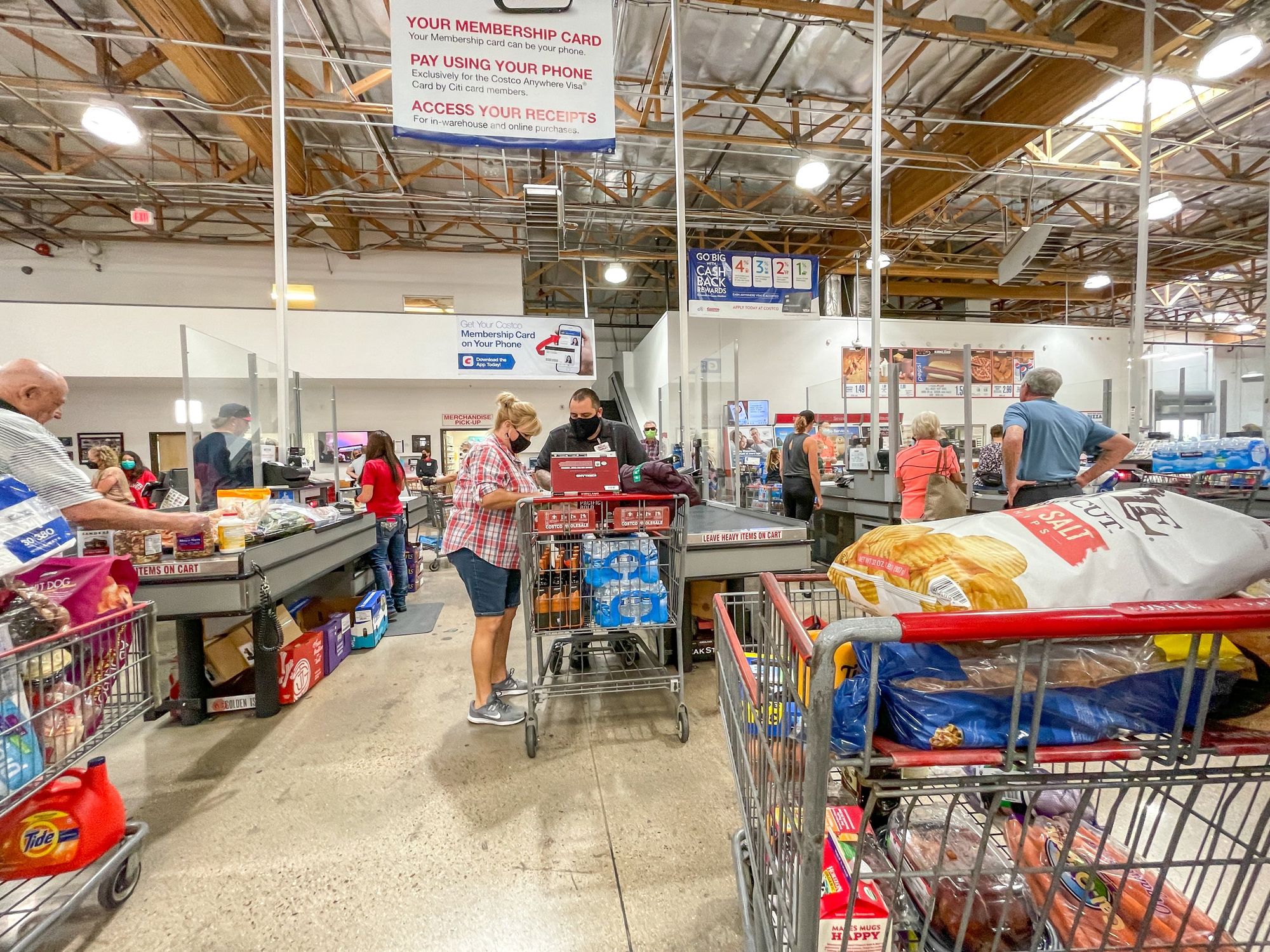
A mixed bag of price tags across Canada
The 2024 food price increase is expected to vary across Canadian provinces. Alberta is forecasted to see a 5.5% rise, while British Columbia's prices are projected to remain stable. Manitoba might experience a 5.7% increase, and New Brunswick a 6.4% rise. Newfoundland and Labrador are anticipated to have a decrease in food prices by 6.3%.
Nova Scotia is looking at a potential increase of 6.2%, while Ontario also faces a 5.5% rise. Prince Edward Island might see a decrease of 6.7%, contrasting with Saskatchewan’s expected 5.0% increase. Quebec is projected to experience a 6.7% decrease.
These regional variations reflect the diverse economic and agricultural landscapes across the provinces. Residents in different areas will experience these changes uniquely, influenced by local production conditions, supply chain dynamics, and regional economic factors.
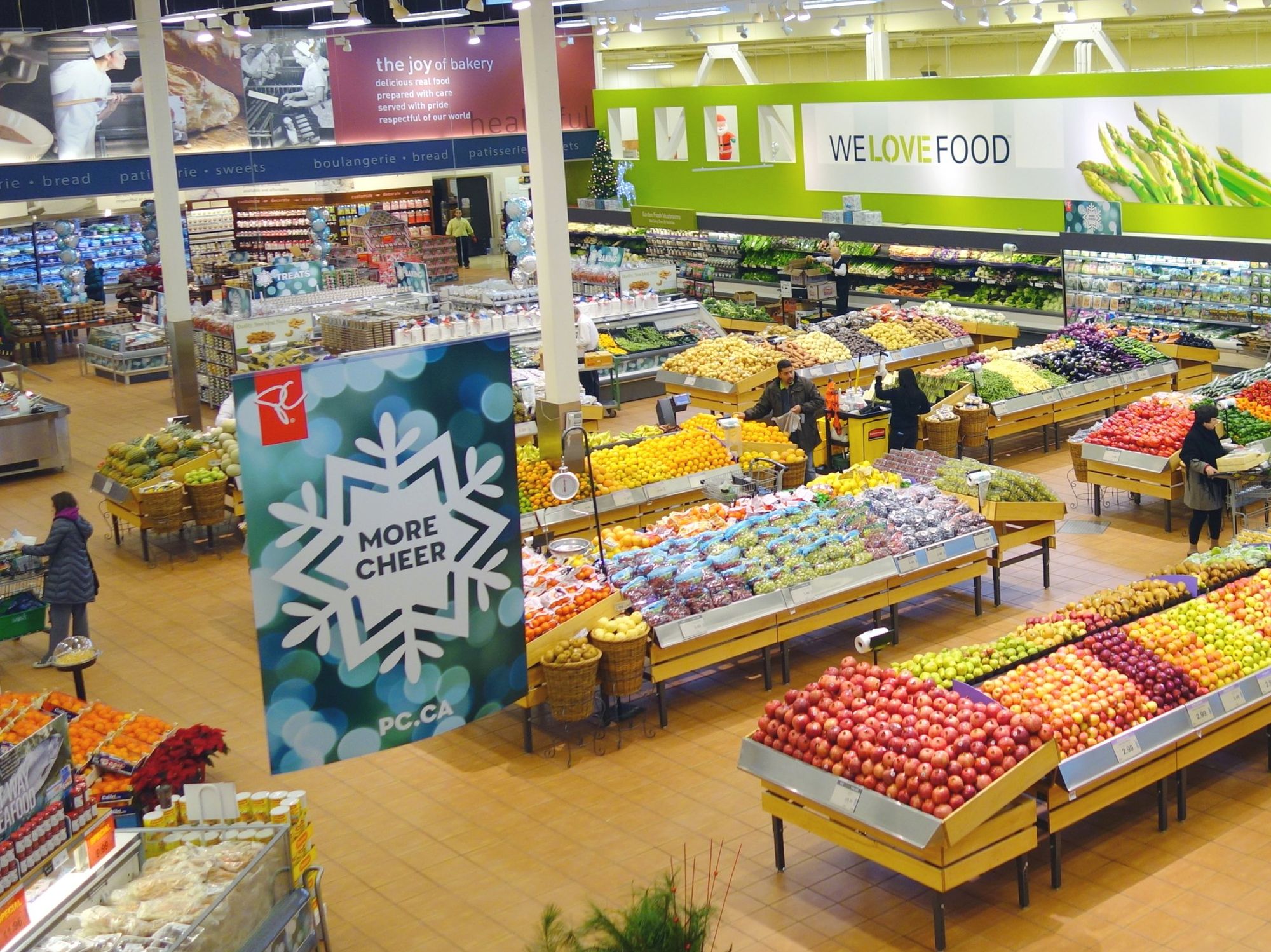
A taste of stability
Heading into 2024, Canadian families can expect some changes in their grocery spending. The overall increase in food prices is projected to be between 2.5% and 4.5%. This means that an average family of four will likely spend around $16,297.20 on food for the year, which is up to $701.79 more compared to last year. The biggest price rises are expected in the bakery, meat, and vegetable categories, with increases ranging from 5% to 7%.
Despite these increases, there's a sense of cautious optimism for the coming year. Stuart Smyth, Chair in Agri-Food Innovation and Sustainability Enhancement at the University of Saskatchewan, shares a positive outlook.
"Expect to see a degree of stability return to food prices. I am optimistic that the phrase 'sticker-shock' will become less commonly used throughout grocery stores in 2024," he said.
That suggests a more stable and predictable pricing environment in the food sector, which could be a relief for many Canadians.
- Why TF Are Grocery Prices So High In Canada? The Government Is Investigating ›
- We Asked Montreal Chefs Where They'd Eat For Less Than $20 & Here Are Their Cheap Faves ›
- We Asked Montrealers How They Cut Food Costs & These Grocery Tips Could Help You Save ›
- Canadians Can Receive Payments From These Government Benefits & Credits In 2024 - MTL Blog ›
- Quebec Residents Can Receive Money From These Government Benefits & Credits In 2024 - MTL Blog ›
- Loblaws Is Reducing Discounts On Expiring Foods & People Aren't Happy About It - MTL Blog ›
- Montreal Drivers Face A Tough Year At The Pumps With Gas Prices Likely Going Up In 2024 - MTL Blog ›
 An American robin wrapped in a face mask held by someone in Ontario. Right: A great blue heron pulling a fabric mask out of water in the U.S..Jake Kenney, Jim McManus | Courtesy of Justine Ammendolia.
An American robin wrapped in a face mask held by someone in Ontario. Right: A great blue heron pulling a fabric mask out of water in the U.S..Jake Kenney, Jim McManus | Courtesy of Justine Ammendolia. A Eurasian oystercatcher picks a dirty mask out of the water. Right: A European hedgehog wrapped in a mask.Dirk Blondeel, Ria Witkamp | Courtesy of Justine Ammendolia.
A Eurasian oystercatcher picks a dirty mask out of the water. Right: A European hedgehog wrapped in a mask.Dirk Blondeel, Ria Witkamp | Courtesy of Justine Ammendolia. A serotine bat wrapped in two masks on a pavement in the Netherlands. Right: A common coot mama bird perches over her little one surrounded by trash and disposable masks.Mirjam van Otterlo, Declan Friel | Courtesy of Justine Ammendolia.
A serotine bat wrapped in two masks on a pavement in the Netherlands. Right: A common coot mama bird perches over her little one surrounded by trash and disposable masks.Mirjam van Otterlo, Declan Friel | Courtesy of Justine Ammendolia. A mute swan and chicks on water in Italy near a floating face mask.Paolo Nicolai | Courtesy of Justine Ammendolia.
A mute swan and chicks on water in Italy near a floating face mask.Paolo Nicolai | Courtesy of Justine Ammendolia. A red kite nest in Germany has an N95 mask hooked on the side. Right: Red kite chicks huddle behind a printed fabric mask, as someone reaches up to remove it.Martin Kolbe | Courtesy of Justine Ammendolia.
A red kite nest in Germany has an N95 mask hooked on the side. Right: Red kite chicks huddle behind a printed fabric mask, as someone reaches up to remove it.Martin Kolbe | Courtesy of Justine Ammendolia. A razorbill wrapped in a mask on a beach in Scotland. Right: A mute swan wanders an Irish beach with a mask around its neck.Trish Loli Brewster, Anne Marie Byrne | Courtesy of Justine Ammendolia.
A razorbill wrapped in a mask on a beach in Scotland. Right: A mute swan wanders an Irish beach with a mask around its neck.Trish Loli Brewster, Anne Marie Byrne | Courtesy of Justine Ammendolia. An osprey in flight with a mask clutched in its talons, spotted in the U.S. Right: A mallard with a mask around its neck.Monica Hawse, Mary Caporal Prior | Courtesy of Justine Ammendolia.
An osprey in flight with a mask clutched in its talons, spotted in the U.S. Right: A mallard with a mask around its neck.Monica Hawse, Mary Caporal Prior | Courtesy of Justine Ammendolia. A black bittern seen in Singapore with a mask tightly wrapped around its bill. Right: A silver gull in Australia tries to flick a disposable mask off its leg.Adrian Silas Tay, Sheree Marris | Courtesy of Justine Ammendolia.
A black bittern seen in Singapore with a mask tightly wrapped around its bill. Right: A silver gull in Australia tries to flick a disposable mask off its leg.Adrian Silas Tay, Sheree Marris | Courtesy of Justine Ammendolia.